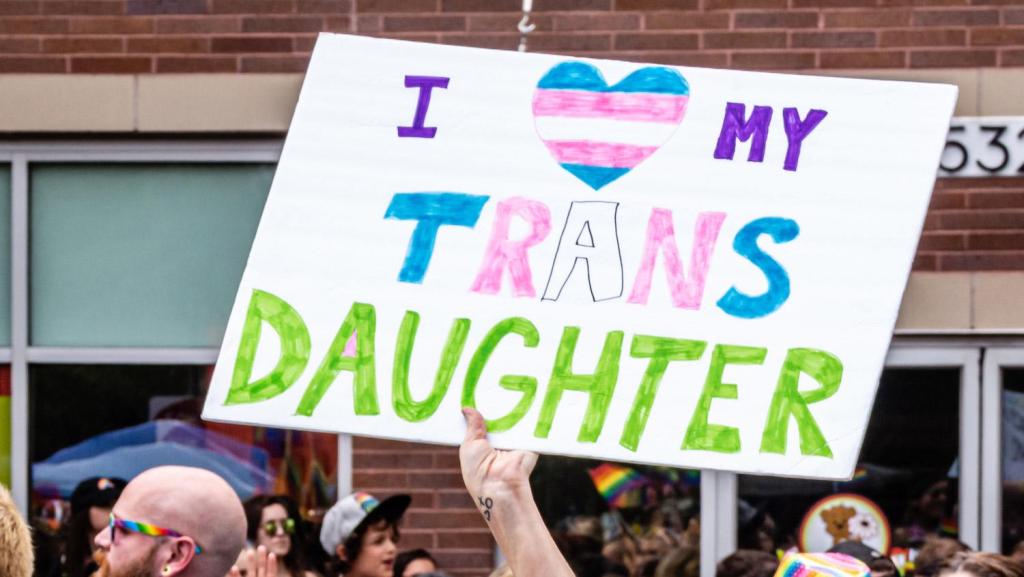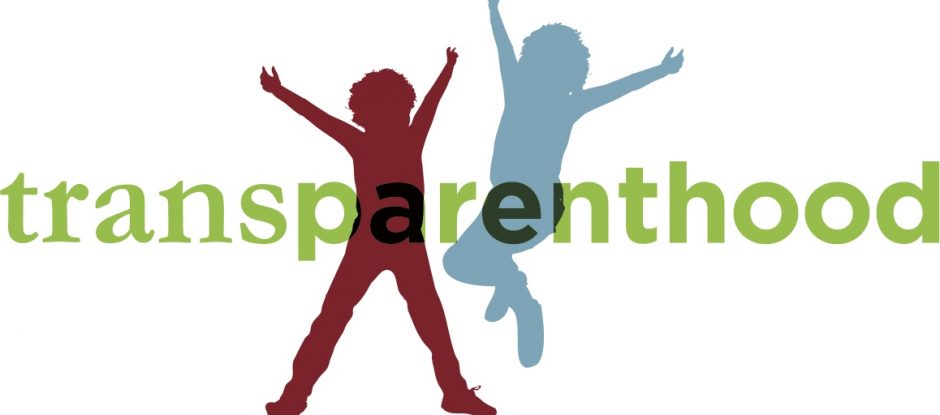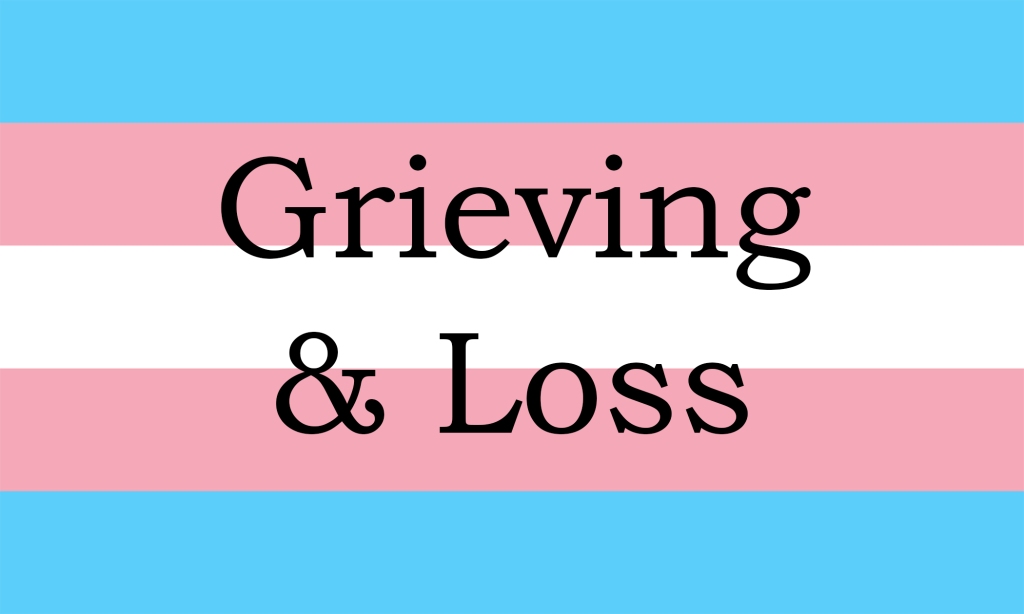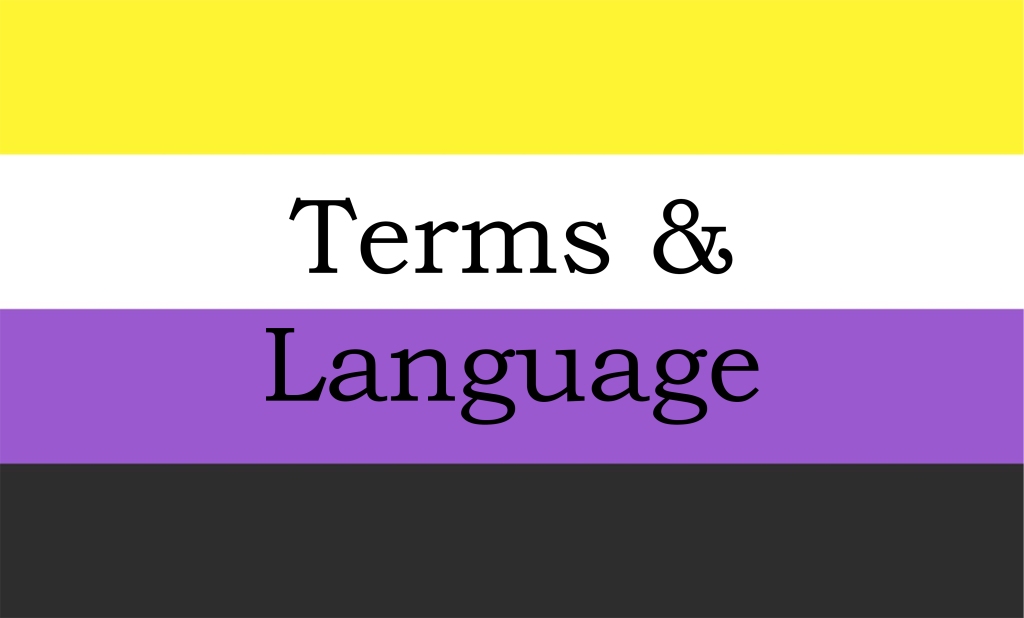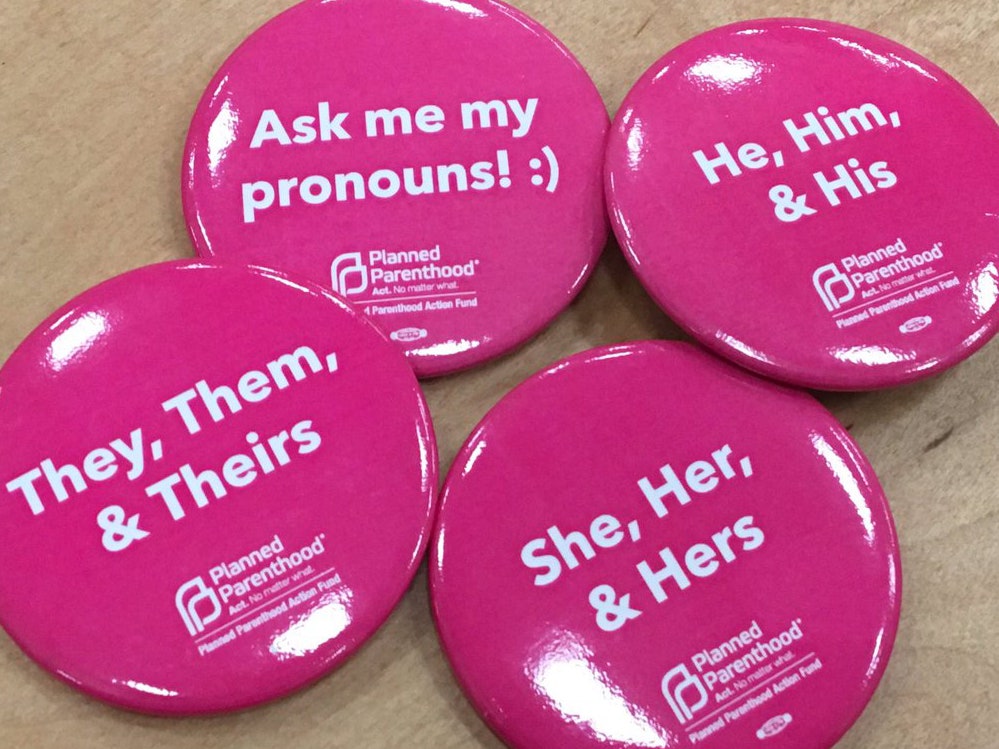Parents & Guardians
As a parent or guardian, it can be difficult to know how to best support your child as they explore their gender identity. Siblings and other loved-ones will also have adjustments to make, but it is your role as a parent to lead by example – and let’s be real, they didn’t cover this in the parenting manual! You may not know how to support your child or even what “transgender” or “gender non-conforming” means. You may be worried that your child will be hurt because of their gender identity, and “wouldn’t it just be so much easier if they just kept it to themselves?” As a parent, it’s natural to worry about everything relating to your child – and coming out is no exception. Our goal at Out of Yer Shell is not to change your opinions and feelings, but to provide you with resources and supports for how to process some of the changes your family is going through or about to embark on.
Normal is a matter of perspective and privilege, but in the case of your child, identifying as transgender or gender non-conforming is NOT abnormal, but merely an expression of human variation. Some folx are trans and some folx are not, but either way, your child is yours, and deserves love, respect, affection, and acceptance.
Again, your feelings throughout this process are totally valid. Many parents of trans and GNC youth have written or spoken about a mourning period, where they bemoan the loss of their child prior to transition before accepting their child’s gender identity. That’s normal (from what we’ve read and heard).
Below are a list of articles and other resources to help you best support your child through their journey to self-actualization and understanding. At some points, it will be appropriate to have conversations with your child about your feelings and processing, while at other times it may not. Use your loving parent radar to determine when these conversations are appropriate, and consider seeking out support groups or other mental health services when they are not.
A Family Affair
Siblings & Loved-Ones
Relationships between siblings are some of the strongest and most dynamic of all. It’s impossible to explain the ties that bind us, but they’re totally there, acting as a sort of sibling telepathy. In many ways, siblings can be each other’s greatest bullies or advocates (depending on the day), and the “closeness” we use to describe these relationships extends beyond the confines and expectations society defines as normal.
Other family members who don’t fall within the “nuclear” template also share special bonds and are deserving of consideration. Transitioning and/or coming out can be scary for many because there may be uncertainty about how different relationships will change. Will we still do the same activities together? Will I have to call you something else? How will this affect the person I value?
Coming out and transitioning are acts of self-love. If your loved-one tells you that they’re trans or gender non-conforming (GNC), it is an expression of love and trust, and ultimately a desire for you to know and see them more clearly. Some things will certainly change when your person transitions, but as a sibling or loved-one the best thing you can possible do is support and love on your person. Do as much research as possible, talk to them about their transition in a way that doesn’t feel invasive, and be sure to call them by the correct pronouns and name. These steps will show that you care and intend to support them throughout whatever process awaits them.
“Inside our home we see the smile on our daughter’s face. We see the confidence that she’s able to walk around and be herself. And that’s when you know you’re doing right.”
Dwayne Wade (on parenting a transgender child)

